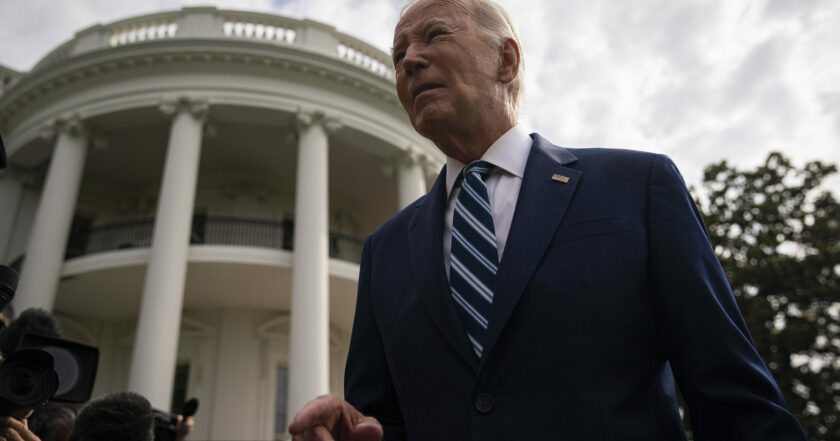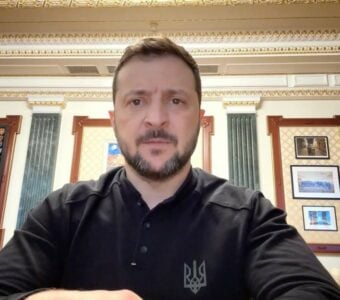Biden and Starmer affirm support for Ukraine, but hesitate to decide on long-range strikes on Russia

US President Joe Biden speaks to members of the media on the South Lawn of the White House before boarding Marine One in Washington, DC, US, on Wednesday, June 28, 2023. Biden will deliver what the White House is calling a major address in Chicago today to outline the theory and practice of Bidenomics. Photographer: Al Drago/Bloomberg via Getty Images
The day before, US President Joe Biden held talks with British Prime Minister Keir Starmer at the White House. A key topic of the meeting was the war in Ukraine, where both leaders reaffirmed their steadfast support for Ukraine in its fight against Russia's aggression.
This was reported by Rubryka, citing the White House website.
According to the report, Biden and Starmer discussed various foreign policy issues of mutual concern.
One of the main areas of discussion involved:
- The supply of weapons from Iran and North Korea to Russia,
- China's support for Russia's defense and industrial sectors.
The leaders emphasized the dangers of such actions and stressed the need for continued coordinated efforts to counter these threats.
"They reaffirmed their unwavering support for Ukraine as it continues to defend against Russia's aggression. They expressed deep concern about Iran and North Korea's provision of lethal weapons to Russia and the People's Republic of China's support to Russia's defense industrial base," the statement read.
According to Politico, Biden and Starmer also discussed Ukraine's request to use long-range missiles to target Russian territory. However, no final decision was reached on whether to authorize the use of Storm Shadow missiles against Russian military targets.
When asked by journalists about the potential consequences of such a decision, Biden responded, "I don't think much about Vladimir Putin."
During the post-negotiation press conference, Starmer noted that no final decision had been made on allowing Kyiv to use long-range missiles. He suggested that further developments in this area could occur during the UN General Assembly later this month.
The leaders also addressed the situation in the Middle East, particularly the conflict between Israel and Palestine. While Biden and Starmer expressed their commitment to Israel's security, they also emphasized the urgent need for a ceasefire in the Gaza Strip, the release of hostages, and increased humanitarian aid. They called on Israel to take stronger measures to protect civilians and improve the humanitarian situation.
Additionally, the leaders discussed attacks by Iran-backed Houthis on merchant ships in the Red Sea. They expressed concern over rising tensions in the region and highlighted the importance of securing international shipping lanes.
Updates on Ukraine's request for long-range weapons to strike Russia
Ukraine is currently asking its Western partners for permission to use long-range weapons to strike military targets deep within Russian territory.
Generals, diplomats, and civil society leaders have signed an open letter to US Secretary of State Antony Blinken and UK Foreign Secretary David Lammy, urging them to allow Ukraine to strike deep into Russia with Western-supplied long-range weapons.
A group of Republicans in the U.S. House of Representatives has also called on the White House to lift restrictions on Ukraine's use of long-range American weapons, including ATACMS missiles, for strikes deep into Russian territory.
On September 10, President Biden hinted that the US may lift these restrictions.
Canadian Prime Minister Justin Trudeau also expressed support for Ukraine's use of long-range weapons against military targets in Russia, stating on August 13 that Canada fully backs this approach.





















































